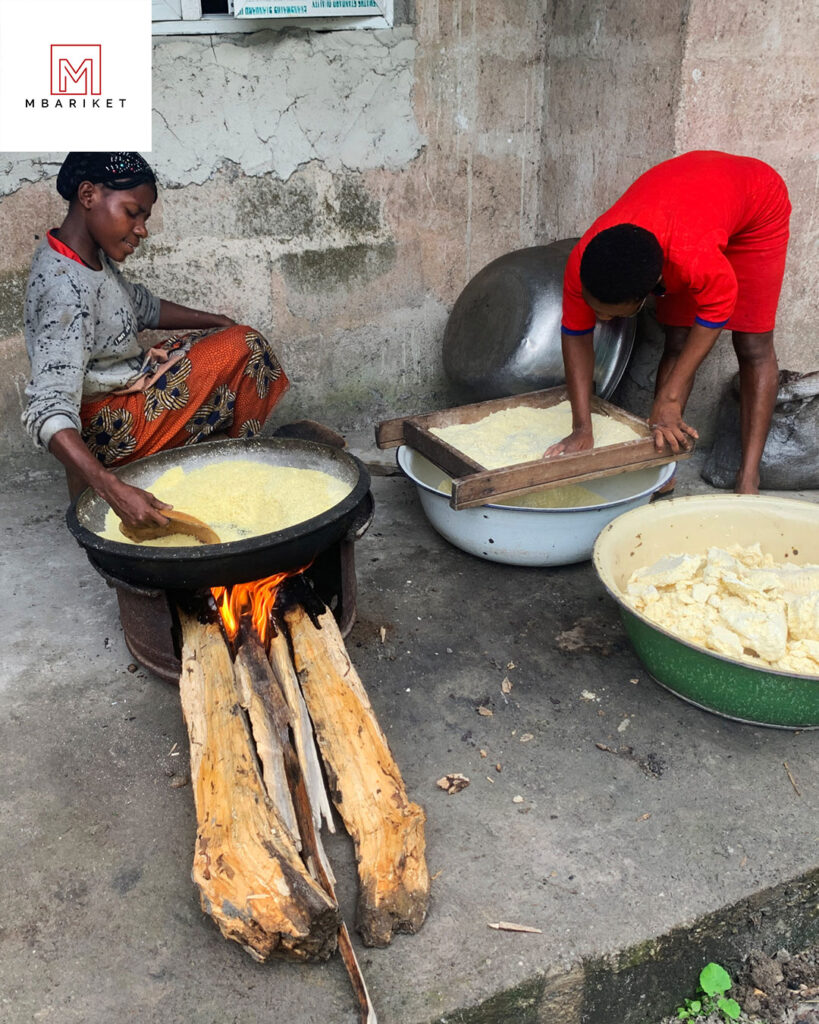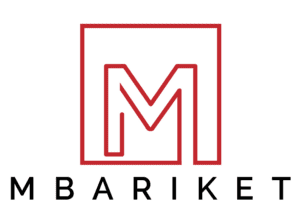
Manual food processing remains one of the biggest hidden challenges in Nigeria’s agricultural and food export sectors. Across the country, countless producers still rely on slow, outdated, and inconsistent manual methods for drying, grinding, sorting, and packaging food products. While these methods may be acceptable for local markets, they severely limit Nigeria’s ability to compete on the global stage, where consistency, food security, and compliance are mandatory. The result? Rejected shipments, lost buyers, weak brand perception, and missed export revenue every year.
But where there is a gap, there is opportunity. Nigeria’s manual processing problem creates a massive opening for diaspora investors who are ready to think strategically. Upgrading food processing operations: whether through modern drying systems, hygienic packaging facilities, or standardized production lines—can dramatically boost product quality, shelf life, and global competitiveness. With even modest investment in automation and compliance, producers can tap into premium markets like the U.S., Europe, and beyond. Demand for authentic, export-ready Nigerian foods is growing; supply is simply not meeting the standard.
For Nigerians in the diaspora, this is not just about filling a need—it’s about driving meaningful impact back home. Investing in food processing upgrades offers multiple paths: co-own facilities, partner with local processors, or launch independent export brands. By bridging the gap between raw production and global distribution, diaspora investors can unlock significant profit potential while creating jobs, improving food safety, and strengthening Nigeria’s international reputation.
Mbariket helps bridge this opportunity by providing strategic advisory, export compliance support, and tailored investment guidance to Nigerians abroad who want to be part of the next wave of profitable food exports. By connecting investors with trusted processors, co-packers, and market opportunities, Mbariket positions clients for long-term success in the U.S.–Nigeria trade corridor. The opportunity is real—and the time to act is now.
